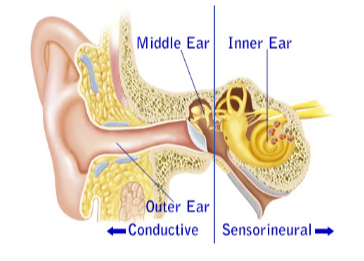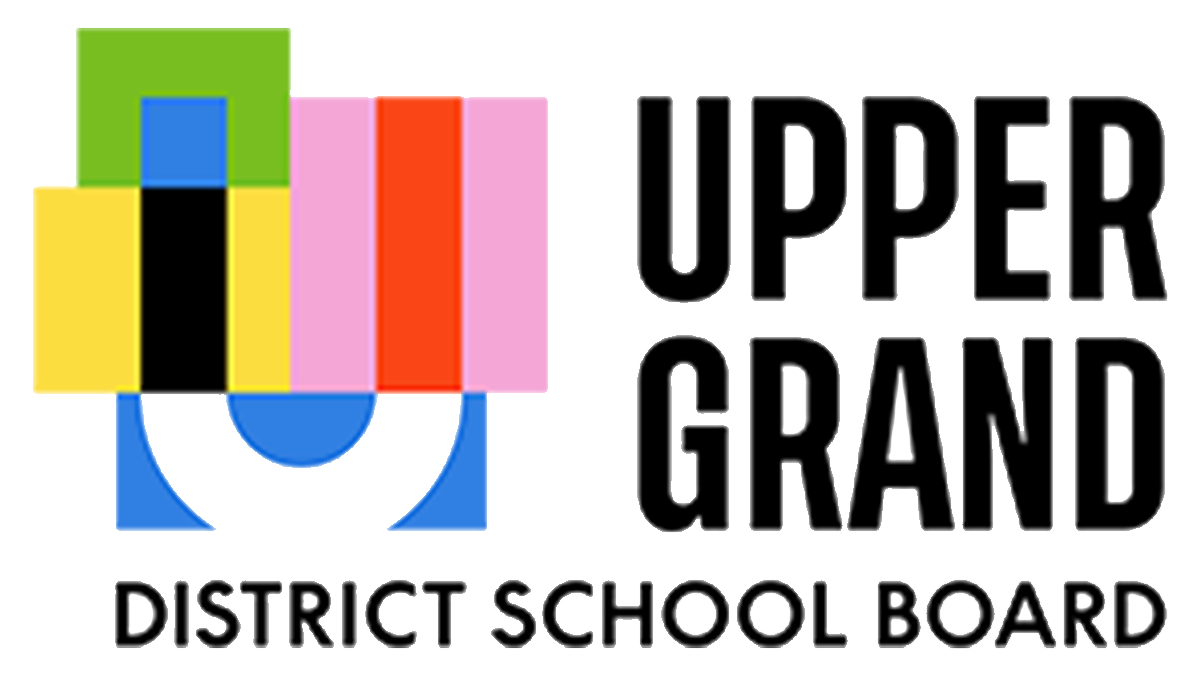Hearing Loss and Communication
The Effects of Hearing Loss on a Child’s Development
About Hearing and Development
Hearing is important to speech and language development and to learning.
Hearing sounds and words helps children learn to talk and understand. A child with hearing loss misses out on these sounds. This can cause problems with speaking, reading, school success, and social skills. It is important to have students hearing tested if you think they have trouble hearing and to talk to their parents about your concerns. Getting help early is key.
Hearing loss in children can lead to:
Delayed speech and language skills
Learning problems in school
Feeling bad about himself
Having trouble making friends

Vocabulary Development
Children with hearing loss do not learn words as fast as those who have normal hearing. They may:
Learn concrete words like cat, jump, five, and red. However, they may have trouble with abstract words like before, equal to, and shy. They may not use words like the, an, are, and a.
Have trouble knowing the different meanings of a word. Think about the word bat. It can mean a flying animal or what we use to play baseball. A child with hearing loss may not understand these meanings.
Fall farther behind children with normal hearing as they get older. Children with hearing loss do not catch up without help.
Language Development
Children with hearing loss may have trouble understanding and using sentences. They may:
Understand and use shorter sentences than children with normal hearing.
Have problems with more complex sentences. They may not use clauses in their sentences. An example of a clause is “When I get home, I will eat dinner.” They may not use passive voice. An example of this is “The ball was thrown by Mary.”
Have trouble hearing word endings, like -s or -ed. They may not understand or use plural words, like cats. They may not use past tense, like walked. And possessives, like Bob‘s, can be hard to hear or use.
Speech Development
Children with hearing loss cannot hear sounds well. They may have problems speaking clearly. They may:
Not use sounds like s, sh, f, t, or k. These are quiet sounds that are hard to hear.
Not hear their own voices when they speak. They may be too loud or too soft. They may speak in a high pitch. People may think they mumble or sound different.
School Success
Children with hearing loss have trouble in school. Reading and math may be the hardest for them. Some facts about hearing loss and school success include:
Children with mild to moderate hearing loss may fall one to four grade levels behind without help.
Children with more severe hearing loss may not learn past the third- or fourth-grade level. School support will help them do better.
Children with hearing loss do not do as well as children with normal hearing. The gap between them grows over time.
Children with hearing loss will do better in school if they get help early. This includes support at home from parents and families.
Social Skills
Hearing loss can make it harder to talk with others. Children may not want to talk or play with other kids. Children with hearing loss may:
Feel alone and like they have no friends.
Be unhappy in school.
Adapted from the ASHA website on the Effects of Hearing Loss on Development and Reading Rockets- Effects of Hearing Loss on Development
Types of Hearing Loss
Did you know that studies suggest that 25-50% of children with hearing loss developed their permanent hearing loss after infancy (and so means that their hearing loss would not have been detected through the Infant Hearing Screening following their birth.)
Children with unilateral or mild hearing loss often go undetected. When left undetected, mild and unilateral hearing loss can adversely affect a child’s academic, psychosocial and language development. At school, children with hearing loss, even mild or unilateral hearing loss, have greater difficulty hearing when there is hallway noise, other students’ talking, noisy fans, or when background noise is present.
Audiologists recommend children’s hearing be retested before students enter JK. If you have concerns regarding your child’s speech, language and academic skills, it will be especially important to have your child’s hearing assessed if this has not been tested recently.
Hearing Well: Understanding Mild and Unilateral Hearing Loss
